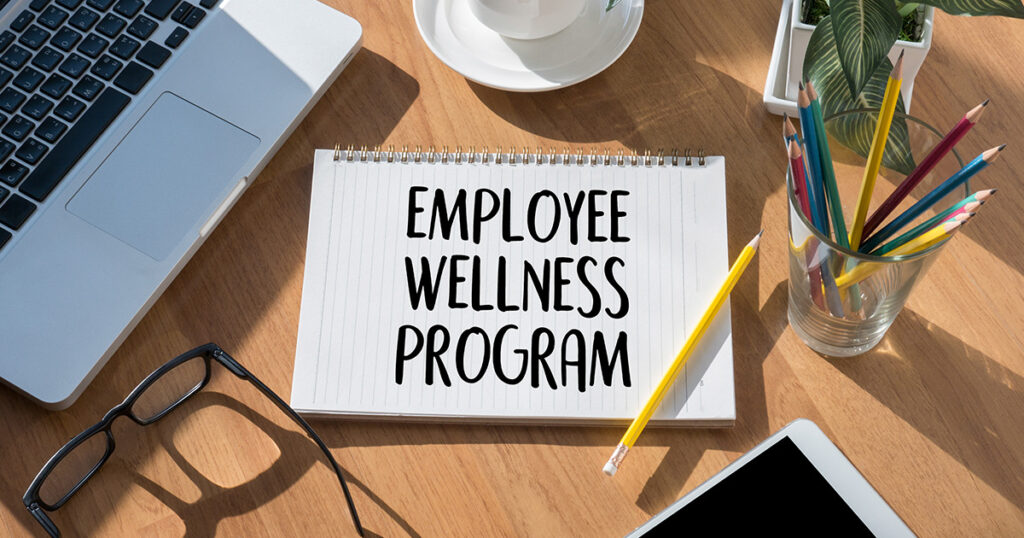Mental Health Support for Remote Workers: Strategies for Managing Stress and Isolation
Since the Covid-19 pandemic, many people have had to adjust to remote work. the Initial focus was on practical issues like organizing home offices and creating connections to work networks.
However, as more and more businesses started offering employees full-time flexibility to work from home, many people are now exploring ways to maintain the sustainability of remote work and adapt to new methods of working and collaborating with colleagues in a hybrid workplace.
While remote work offers many benefits, like flexibility and less commuting time and lower costs, it has also raised some unique challenges for remote workers. The most crucial one is the feelings of alienation and stress that are part of working alone.
The isolation, lack of social and adult interaction, and indistinct boundaries between work and personal life have led to increased stress, anxiety, and even burnout in remote workers.
Here are some strategies for managing stress and isolation for remote workers:
Maintain Social Connections:
Retaining social connections is about being connected with other people. This connection could be with friends, family members, colleagues, or all of them! We as humans need to interact with other people frequently to avoid feeling isolated and lonely.
Social connections are a key part of our social acceptance and affect our mental health and well-being. Social interactions offer emotional support, create a sense of belonging, and are a source of comfort during tough times. For remote workers, sustaining social connections can be challenging. Particularly if they are working from home full-time and did not physically interact with coworkers or friends on a regular basis before remote working started.
However, there are some ways to maintain social connections while working remotely. This can be done by steps like scheduling regular virtual meetings or social events, joining online communities or forums, and reaching out to friends or colleagues for a virtual coffee or chat. By maintaining social connections, remote workers can reduce their feelings of isolation and loneliness and improve their overall mental health and well-being.
Building a Routine:
The greatest trial of remote work is the lack of routine and the absence of a clear boundary between work and home life. Creating a routine is about forming a set of habits or activities you do regularly, on both a daily and weekly basis. This will help to structure your day around a routine and help to enhance your productivity.
Building a routine is needed for remote workers as it helps them to build a sense of structure and discipline in their life. A routine helps to improve focus, motivation, and overall well-being. It can include simple steps like adding discipline to daily tasks like waking up at the same time each day, planning regular breaks in your workday, following specific work hours (like you do in an office), and fixing time for exercise, relaxation, and hobbies.
By building a routine, remote workers can create a sense of normalcy. This routine helps in reducing stress by adding structure to a day and allows remote workers to maintain a healthy work-life balance.
Take Regular Breaks:
Taking breaks is important to sustaining productivity and avoiding burnout for remote workers. It is very easy to be consumed with work when working from home. Scheduling regular breaks throughout your work can help recharge your energy and improve your overall focus and productivity.
These breaks can be brief 5-to-10-minute breaks in the day to stretch, take a brisk walk, or get a healthy snack from the neighbourhood deli. Breaks can also be longer ones for lunch or exercise. What is essential is that you step away from the computer and give yourself time to rest and recharge mentally and physically.
Taking breaks is also good for reducing mental and physical stress. It is also good for preventing physical strain from extended periods of sitting or typing. Remote workers can maintain their well-being, increase productivity, and remain focused throughout the day by taking regular breaks.
Practice Self-care:
Practising self-care is about focusing on your physical and mental health. It includes exercising regularly, following a healthy diet, ensuring that you sleep properly, and taking short breaks when needed.
Self-care is also about doing activities that bring you joy and help you relax. These could be simple things like reading, music, meditation or anything else that relaxes you. Self-care is important for remote workers to maintain a healthy work-life balance and prevent burnout. Remote workers can feel energized and motivated to tackle their work tasks once they start caring for themselves.
Seek Support:
When working remotely, seeking support is important to treat your stress and sense of isolation. This could be as simple as calling up colleagues, or a friend to talk about whatever is distressing you. It could be work or boss-related issues or personal struggles.
Self-care can also involve getting professional support from a therapist or mental health provider if needed. Remote workers can join online support groups or forums to connect with others going through something similar. By asking for support and looking for it proactively, remote workers can avoid their feelings of isolation and become better equipped to handle the stressors of remote work.
Working from home is a great option for most people, but it also comes with unique challenges. One of the most important aspects of successfully managing remote work is maintaining mental health and well-being. It is essential to deliberately prioritize self-care and take proactive steps to manage stress and isolation.

Sadia Zaheer holds a Masters in Business Administration from IBA, Karachi. After working in several financial institutions in Client Management, Corporate Lending, Islamic Banking and Product Management she jumped careers to pursue a career in writing.
She is a Finance, Business and HR Development writer with four years of experience. She reads a lot and takes care of her multiple cats to remain calm.



